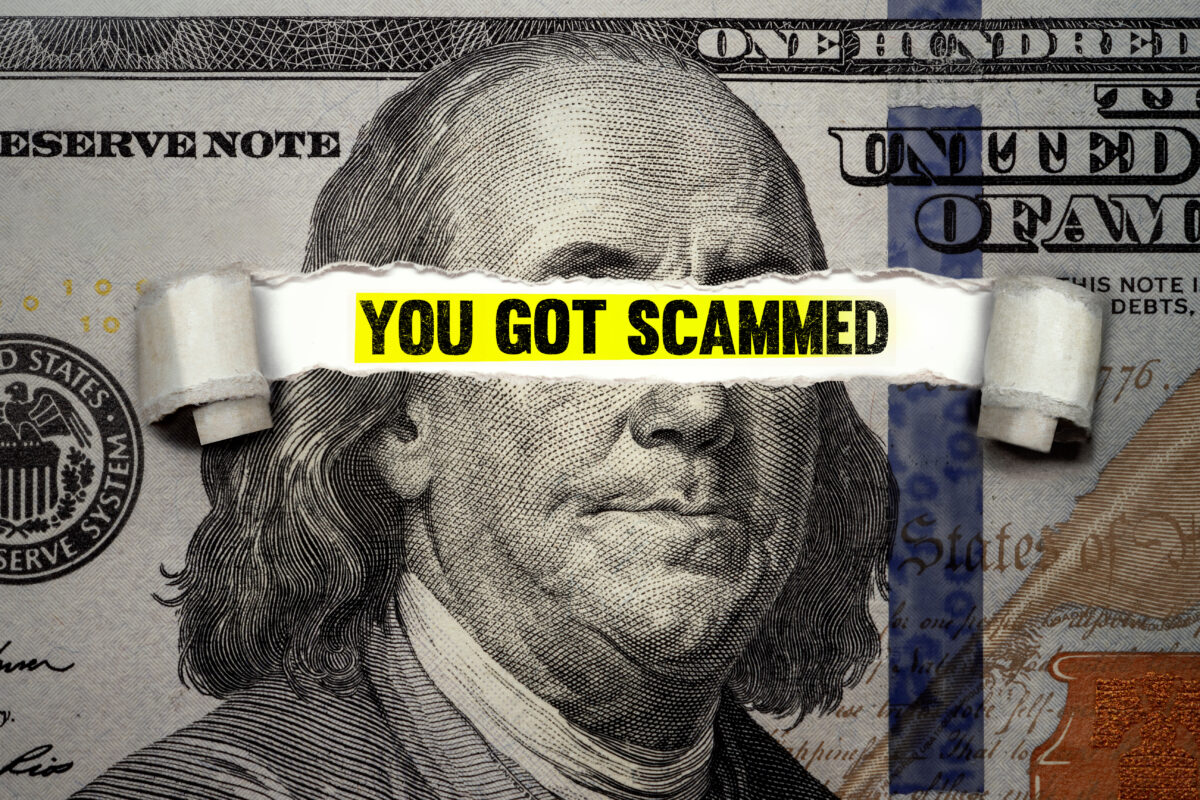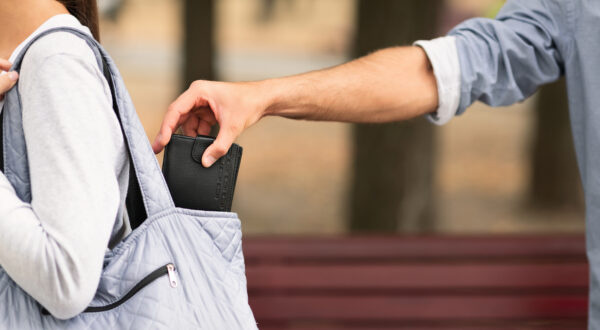It’s hard to find exact numbers for the amount of money Americans lost in 2022 to scams but it is easily in the BILLIONS. It doesn’t look like 2023 is slowing down for these fraudsters either. Just when you think you’ve heard them all, a new scam pops up. We want to give you information on a few that are now trending out there so you can try to safeguard your money.
- Covid-19 Scams
If you are contacted by someone claiming to be from the U.S. Treasury Department and is offering you any type of stimulus or grant having to do with Covid-19, this is a scam. They will typically ask you for financial information to put the money in your account. Never give anyone that calls you financial information. Anyone that calls you for any reason, will not need your financial or checking account information.
- Zelle Scams
Zelle is typically a safe way to transfer money to someone you know. That’s the key phrase…”someone you know”. Never transfer money to someone you do not know through Zelle. Your bank will not cover this transaction because you authorized it. If you are selling something online (Facebook Marketplace or Craigslist are common) and someone reaches out to you about purchasing the items and asks you to update your Zelle account-this is a scam.
- Bank Impersonators
A common form of phishing is called smishing. This is where you receive a text message from someone claiming to be from your bank or credit union. The text will say something along the lines of “Did you attempt a Zelle payment to _______?” If you respond by text or by clicking on a link, someone claiming to be from your financial institution will call you and will try to coerce you into sending money to stop the transaction.
- Rental scams
If you are asked to put down a deposit before seeing the property, it is a scam. The “realtor” will usually tell you they are out of town and the unit is in high demand. The deposit will secure it before they get back in town so you will not miss out on it. They will even show you pictures of properties that are not actually available to lease. Never send money to someone about a rental property without seeing it first.
- Check Washing Scams
If you normally send a check in the mail to pay a bill or send birthday money to a relative, consider some alternatives. Thieves are again stealing checks from the mail, washing them with chemicals and changing the payee and amounts so they can be cashed. Use alternatives such as free bill-pay services through the credit union, or if you must mail a check, use gel-ink pens as the ink soaks into the check better and bring it inside the post office to mail.
Some important things to remember to help keep you and your money safe:
Your financial institution will never call you and ask you for your account number.
Never give out your social security number.
Do not take a picture of your Covid-19 vaccine card or your child’s new driver’s license and post online.
Never pay anyone when you are the one that is supposed to be receiving the money for something.
If you receive an email that seems suspicious, delete it. Never click a link on the email and do not respond.
If it seems too good to be true, it probably is!





